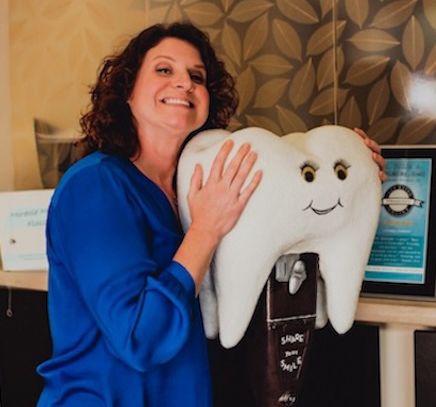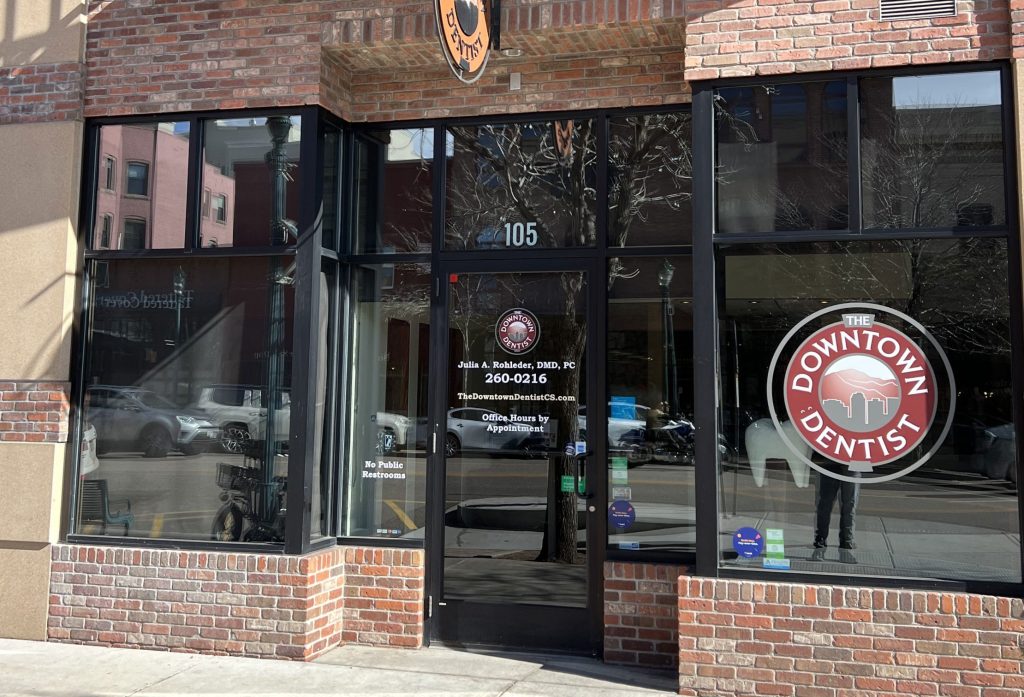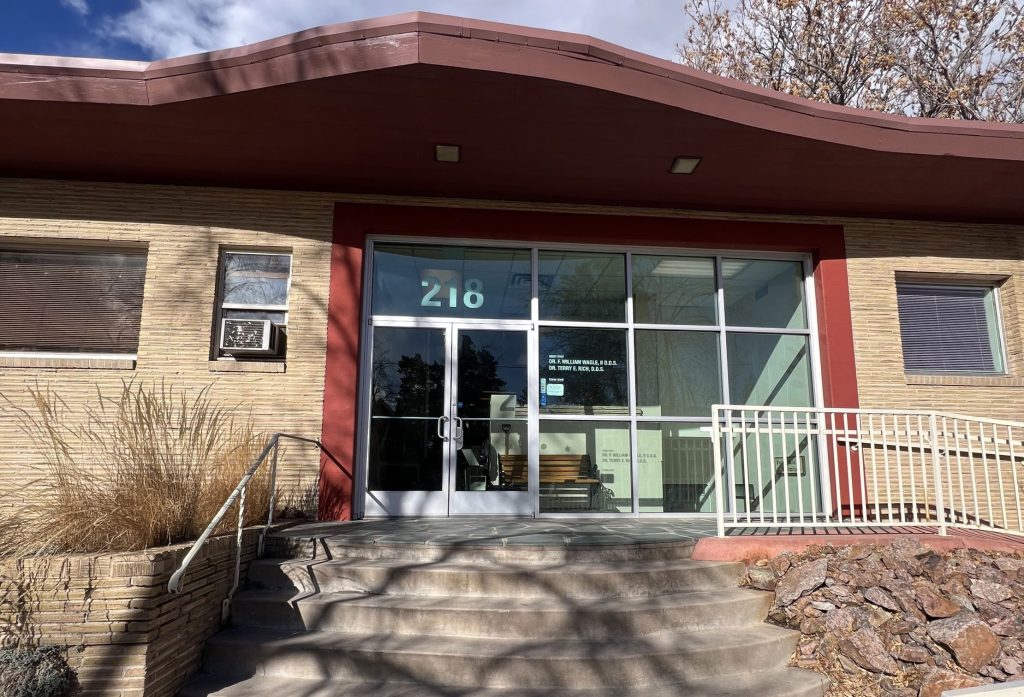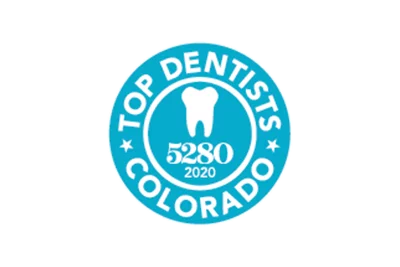Oral Surgery

Oral surgery plays a crucial role in maintaining oral health and treating advanced dental conditions. When regular dental care cannot address the issues at hand, oral surgery comes into play. Count on our team at The Downtown Dentist in downtown Colorado Springs for all your oral health needs.
What are the common types of oral surgery procedures?
Common oral surgery procedures include tooth extraction, dental implants, jaw surgery, and wisdom teeth removal. Each surgery aims to address specific oral health issues ranging from impacted teeth to misaligned jaws, helping improve oral function and overall well-being.
The Role of Oral Surgery in Dental Care
Oral surgery is crucial in dental care, especially for complex cases. Procedures like wisdom teeth removal prevent issues like decay and misalignment. Dental implants offer a lasting solution for missing teeth. Oral surgery also corrects jaw irregularities and addresses oral pathology like cancer.
Primary Types of Oral Surgery
Exploring a range of procedures, oral surgery encompasses various types, including tooth extractions, dental implants, jaw surgery, and bone grafting. These surgeries offer solutions for missing teeth, oral pathology, and personalized treatment plans tailored to individual patients for optimal outcomes.
Deciphering the Surgical Process
Before the surgery, the patient may receive general anesthesia or sedation, ensuring painless treatment and optimal comfort. During the surgery, your oral surgeon carefully removes damaged tissues, teeth, or performs corrective procedures, depending on the specific oral health issue. Precision and expertise are crucial to achieve successful outcomes.
Duration of Common Oral Surgeries
Duration of oral surgeries varies based on complexity. Examples:
- Wisdom Teeth Removal: 30 mins to 1 hour
- Dental Implant Placement: 1 to 3 hours per implant
- Bone Grafting: 1 to 2 hours
Individual factors affect surgery duration.
Post-Surgery Care and Instructions
After oral surgery, follow care instructions for proper healing and to minimize complications. These may include: caring for the surgical site by rinsing with saltwater, avoiding straws and tobacco, and sticking to a soft food diet; taking prescribed medications like antibiotics and pain relievers; and contacting The Downtown Dentist immediately for severe pain, bleeding, swelling, or signs of infection. Adhering to these instructions promotes healing, reduces complications, and ensures a successful recovery from oral problems.
Additionally, incorporating soft and cold foods such as yogurt, soup, mashed potatoes, and ice cream can provide relief and promote healing in the surgical area.
It is important to note that oral surgery is often performed as an outpatient procedure, meaning you will not need to stay overnight in a hospital. However, you may be offered sedation options for your comfort during the procedure.
Dealing with Potential Complications
While oral surgery is generally safe, it’s crucial to be aware of potential risks and know when to seek immediate medical attention. Complications may include facial trauma, temporomandibular joint (TMJ) issues, and numbness in certain areas. Promptly addressing these complications can minimize their impact on your recovery and well-being.
Expected Recovery Time Frames
Recovery time after oral surgery varies based on the procedure and individual factors. Wisdom teeth removal recovery lasts days to a week, while dental implant recovery takes one to two weeks initially, with complete integration in three to six months.
When Should You Consult Your Surgeon After Oral Surgery?
It is crucial to recognize instances where immediate consultation with The Downtown Dentist may be necessary.
- Severe pain or bleeding: If you experience severe or uncontrolled pain, or if the surgical site continues to bleed profusely
- Signs of infection or swelling: Unexpected swelling, increased redness, or signs of infection, such as fever
- Persistent numbness or complications: If numbness in the lips, tongue, or chin persists or worsens after oral surgery or if you experience any other complications, such as difficulty in opening or closing your mouth
- Concerns affecting oral health: Any concerns or issues impacting your oral health, such as gum tissue problems, implant stability, or prosthesis-related complications
Regular follow-up appointments scheduled with The Downtown Dentist also play a crucial role in monitoring your progress, ensuring optimal oral health, and addressing any questions or concerns that may arise after oral surgery.
Schedule a consultation, today
Oral surgery is a vital aspect of dental care that aims to address specific issues effectively. Maxillofacial surgery is a specialized dentistry branch focusing on face and jaw conditions. Surgeons undergo advanced training to perform dental procedures like implants, extractions, and corrective jaw surgery. Consult our team at The Downtown Dentist in downtown Colorado Springs. Schedule an appointment by calling (719) 260-0216 for our Tejon Street location or (719) 633-3711 for our Willamette Avenue location.

 Dr. Rohleder
Dr. Rohleder Meet the Team
Meet the Team Sterilization Protocol
Sterilization Protocol Frequently Asked Questions
Frequently Asked Questions Careers
Careers












